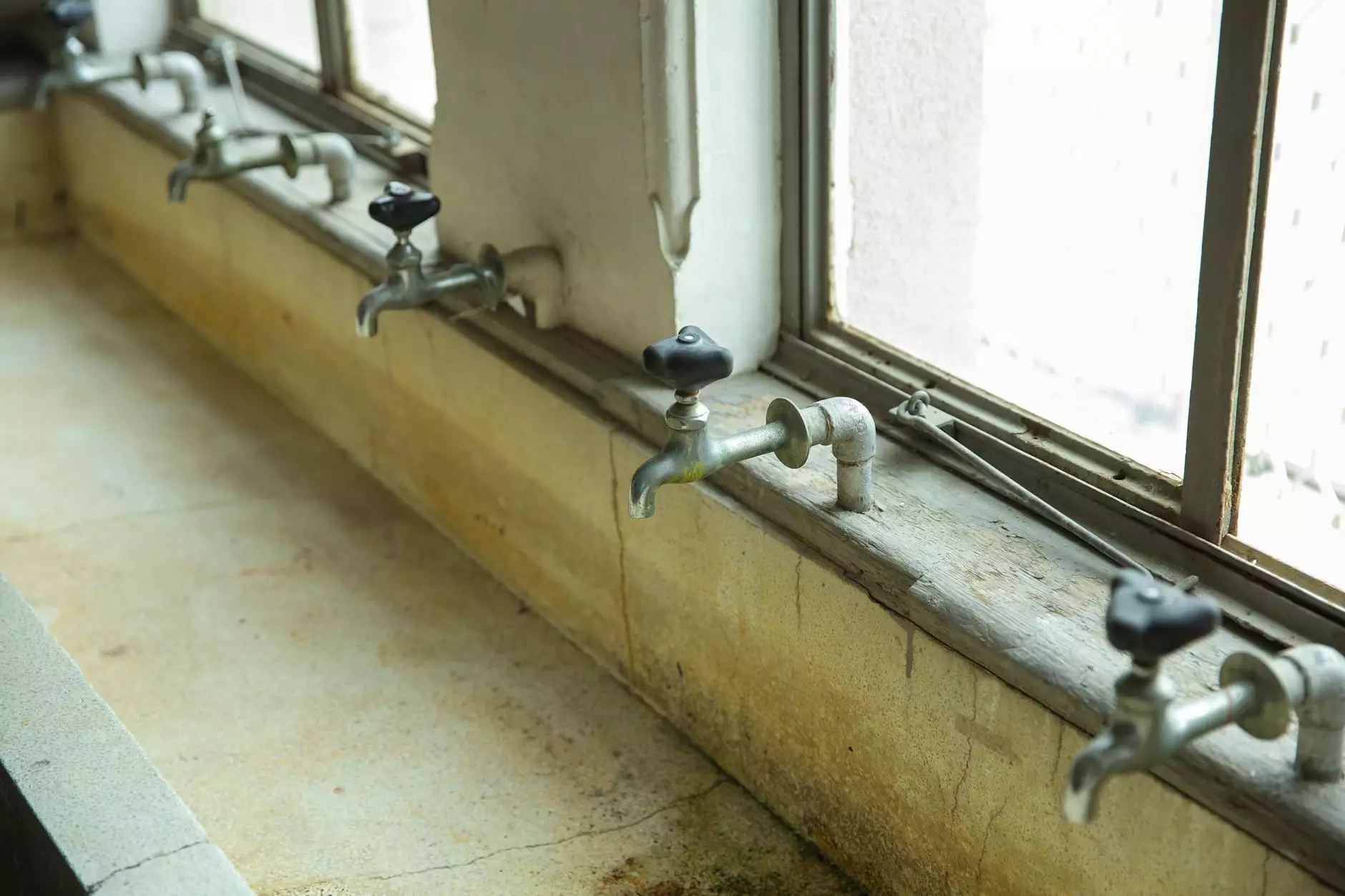Understanding Hydraulic Ball Valves: The Essential Component for Modern Industry

In the world of fluid dynamics and control systems, hydraulic ball valves play a pivotal role in ensuring efficiency and reliability. As a key component in various industrial applications, these valves are designed to control and manage the flow of fluids in hydraulic systems. In this comprehensive article, we will delve deep into the mechanics of hydraulic ball valves, their unique features, benefits, applications, and why they are indispensable in modern industries.
What is a Hydraulic Ball Valve?
A hydraulic ball valve is a type of valve that uses a spherical disc, known as a ball, to control fluid flow. The ball has a hole through its center, which allows or blocks flow when turned. These valves are categorized based on their construction and materials, typically featuring either full-port, standard-port, or reduced-port designs.
Main Components of a Hydraulic Ball Valve
To understand how hydraulic ball valves operate, it’s essential to recognize their main components:
- Body: The robust outer casing that houses the internal components.
- Ball: The spherical element that regulates flow. Its position determines whether the valve is open or closed.
- Seat: The seals that provide a tight fit around the ball to prevent leaks.
- Stem: The mechanism that connects the ball to the handle or actuator.
- Handle or Actuator: The part that is used to manually operate the valve or control it automatically via an actuator.
How Do Hydraulic Ball Valves Work?
The operation of a hydraulic ball valve is simple yet effective. When the handle is turned, the ball rotates within the valve body. If the hole in the ball aligns with the pipe’s flow, the valve is open, allowing fluid to pass through with minimal resistance. Conversely, when turned 90 degrees, the hole is perpendicular to the flow, and the valve closes, stopping the fluid transfer.
The Benefits of Using Hydraulic Ball Valves
Hydraulic ball valves offer numerous advantages, making them the preferred choice in many applications:
- Durability: Made from robust materials such as stainless steel and brass, these valves withstand high pressures and harsh environments.
- Low Flow Resistance: Due to their design, hydraulic ball valves provide minimal turbulence and a straight flow path, leading to efficient operation.
- Quick Operation: The quarter-turn operation allows for rapid opening and closing, which is crucial in emergency situations.
- Versatility: Hydraulic ball valves can handle a wide array of fluids, including water, oil, and gases.
- Low Leakage Rate: With proper installation, hydraulic ball valves exhibit low leakage rates, ensuring safety and efficiency.
Applications of Hydraulic Ball Valves in Various Industries
Hydraulic ball valves are used across multiple industries due to their reliability and performance:
1. Oil and Gas Industry
In this sector, hydraulic ball valves are essential for controlling flow in pipelines. They manage the flow of crude oil, natural gas, and other hydrocarbons, ensuring safe and efficient transportation.
2. Water Treatment Facilities
Water treatment plants utilize hydraulic ball valves for controlling the flow of treated water through various stages of processing. Their durability ensures long-term performance even in harsh chemical environments.
3. Chemical Processing
In chemical manufacturing and processing, hydraulic ball valves control the flows of corrosive substances. Their ability to resist corrosion makes them ideal for this application.
4. Manufacturing and Production
Hydraulic ball valves are widely used in manufacturing to control fluid mechanisms in pneumatic and hydraulic systems, enhancing productivity and safety on production lines.
Choosing the Right Hydraulic Ball Valve
Selecting the appropriate hydraulic ball valve for your application requires careful consideration of several factors:
- Size: Ensure the valve size matches the piping system to maintain efficiency.
- Material: Choose materials resistant to the fluids being operated to prevent corrosion and ensure longevity.
- Pressure Rating: Verify the valve can handle the system’s pressure requirements for optimal performance.
- Flow Characteristics: Consider whether a full-port or reduced-port valve is more suitable based on your flow needs.
- Operating Conditions: Assess the environmental conditions (temperature, pressure, and type of fluid) to ensure proper valve selection.
Maintenance Tips for Hydraulic Ball Valves
To ensure the longevity and proper functioning of hydraulic ball valves, follow these maintenance tips:
- Regular Inspections: Conduct routine checks for leaks, wear, and damage.
- Operate the Valve Periodically: Regularly exercise the valve to prevent it from becoming stuck.
- Inspect Seals: Examine seals for wear and replace them if necessary to maintain a tight barrier.
- Keep the Area Clean: Ensure the valve and its surroundings are free from debris and contaminants.
Conclusion
In conclusion, hydraulic ball valves are a cornerstone of modern fluid control systems across various industries. Their durability, efficiency, and versatility make them an indispensable component in managing fluid dynamics. As technology advances, the innovation surrounding hydraulic ball valves continues to position them as vital tools in ensuring operational efficiency and safety in industrial applications.
For those looking to purchase high-quality hydraulic ball valves, explore the offerings at Fitsch. With a range of fittings for sale, Fitsch provides durable and efficient solutions that cater to your industrial needs.









